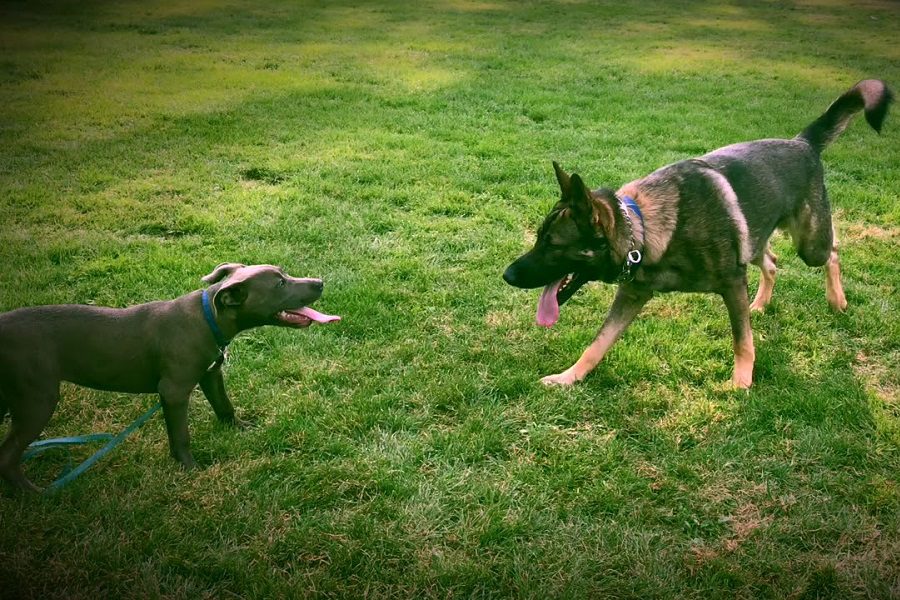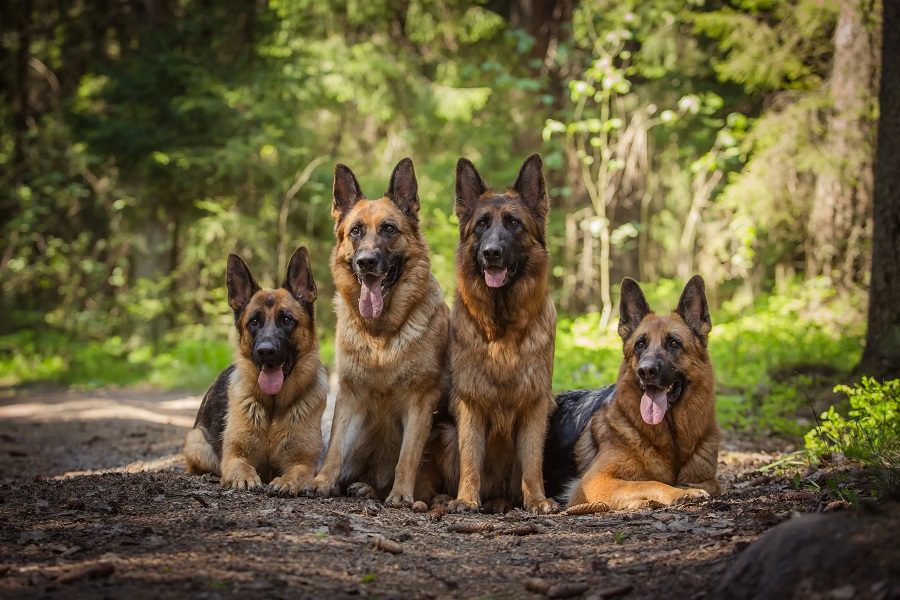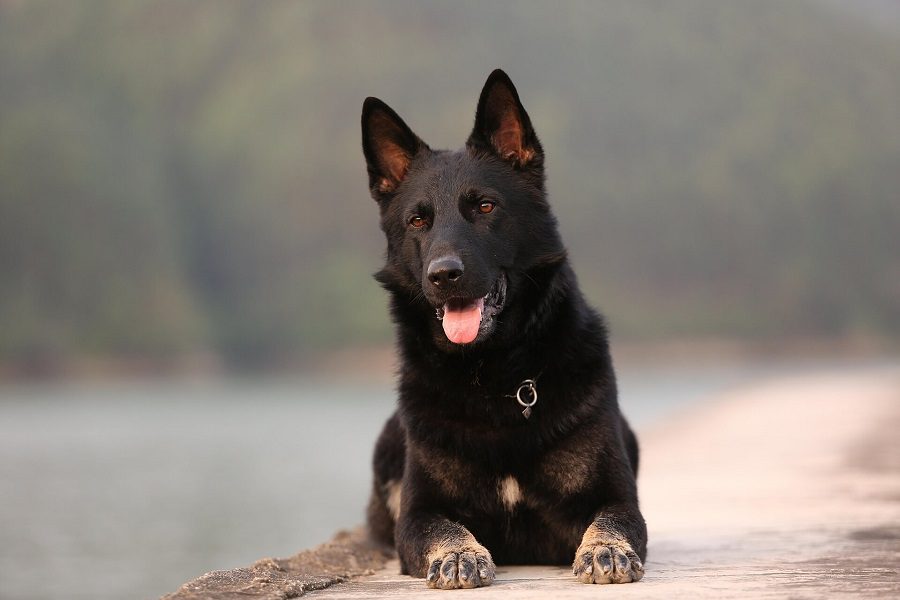Last Updated: 2 years ago
Caring for an energetic, enthusiastic, and loyal dog can be challenging. German Shepherds are all of those things and more.
When properly trained and raised, a German Shepherd will make an excellent family pet for you and your family. German Shepherds are excellent guard dogs and ideal long-term friends and companions.
However, it will take a great deal of patience to train and raise your new German Shepherd (GSD) puppy properly.
Make Space For Them
Bringing a new puppy into the home requires some pre-planning. Keep in mind to check the prices online and with nearby breeders before buying a GSD.
For instance, the GSD price in India will vary more than that in America or any other state. Before you embark on such a mission, you’ll want to take some time to ensure that your home is ready for your new-found friend.
Start by designing an area for your new puppy to call his or her own. Set aside a corner of the room or an area just for your new puppy.
You can set up a training crate, a kennel, or only a fluffy pet bed here. Keep in mind that German Shepherds should never be kept in a kennel or a training crate for long periods of time.
Most German Shepherd owners only use these as training aids or for bedtime.
German Shepherds are loving dogs that need family time and plenty of interaction, and if you’re going to be gone for long periods of time, this may not be the right dog breed for you.
Get Plenty Of Food
Keep in mind that puppies like to chew, and a fluffy pet bed will require some supervision, or you may come home to find out that their bed is in pieces all over the room.
Ensure that you provide plenty of chew toys or options for chewing so that your furnishings and shoes don’t become objects of attraction.
Puppies will require a high-quality puppy chow and, according to Pet Food Sherpa, should eat at least three times per day. Carefully read the high-quality puppy chow and ensure that it’s not full of any fillers that aren’t good for pets.
If you’re unsure what to feed your new puppy, check with your local veterinarian and ask what they recommend. You can gradually taper off how frequently puppies are provided as they get older.
Brush Them
German shepherds require some brushing. Invest in a good dog brush that will help to reduce shedding. Brush your new puppy daily so that he or she gets used to it.
Make this a particular time and gently brush and talk to your dog. By creating it as a routine, you’re going to have a better-behaved dog, and he or she will look forward to the time you spend together.
It can be a very relaxing time for you and your dog. Many owners do this right before resting for the night to help relax their dog and ensure a good night’s rest.
Bathing Schedule
Most dog owners only bathe their dogs as needed. Your new puppy may require a monthly bath. The sooner you begin to bathe your new puppy, the sooner he or she will learn to enjoy bath time.
To make bath time more fun, consider spreading a bit of creamy peanut butter on the side of the tub for a puppy to lick off while you’re tending to lather up and rinse him or her off.
Once your puppy is older, a monthly bath should be sufficient. Some dogs hate baths. Try to make this a fun time, not a time that you have to be stern.
Play With Them
German Shepherds are high-energy dogs. They’ll require some playtime outside frequently. A well-fenced yard is a must, as these dogs are curious by nature.
If you don’t have a fenced yard, you’ll want to take your dog on plenty of walks or to a dog park often so that they can expend some of their high energy.
Training Is A Must
While German Shepherds make ideal family dogs, they need to be trained early on to accept visitors and children; otherwise, your dog may be very overprotective and create some issues if visitors arrive.
German Shepherds that are given plenty of love and affection are going to reward you with plenty of love and affection right back.
If you prefer an outside dog, GDS is an ideal choice. As long as they have some shelter, a fenced-in area, and plenty of high-quality food, they will thrive outside as well as inside.
Make sure that they have full access to plenty of water and adequate shelter for inclement weather.
German Shepherds make wonderful pets as long as they are trained well during the first few years of life. If you’re getting an older dog, you’ll have to determine how well they’ve been trained and introduce them to new situations slowly to ascertain how well they’ll do for you as a new pet.
With proper training, your German Shepherd will give you plenty of love and affection in return.
Resources



